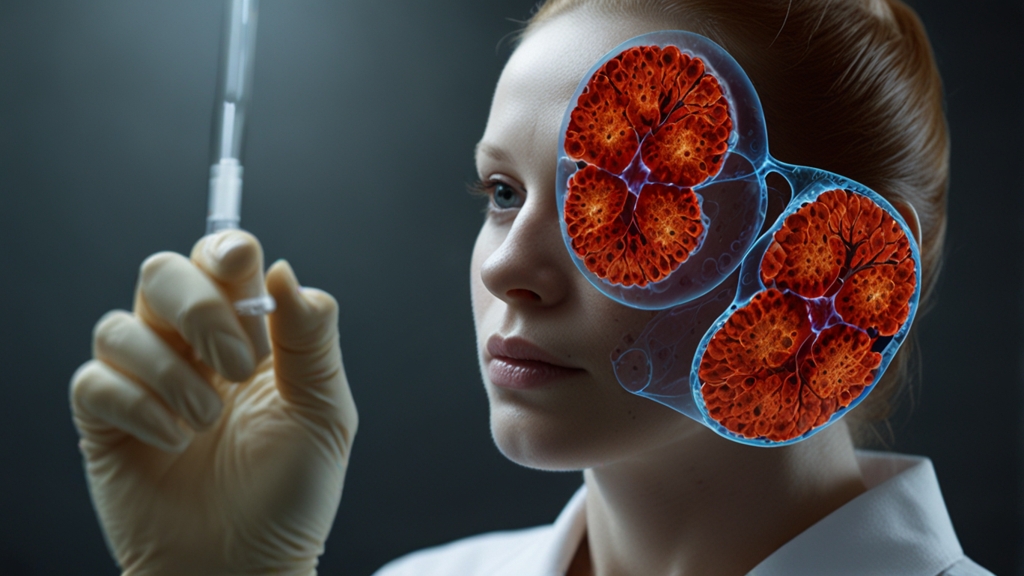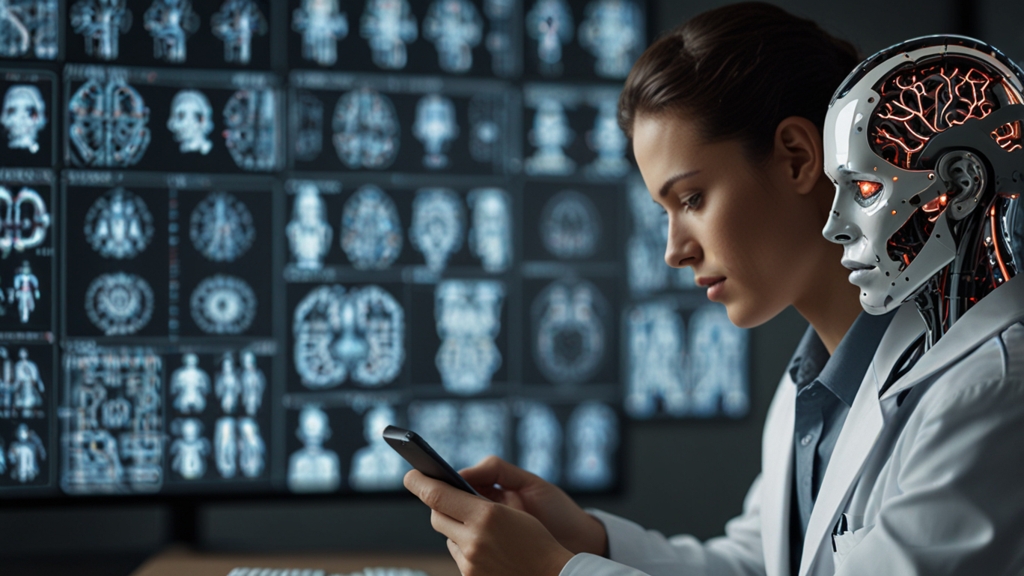The Role of Stem Cells in Regenerative Medicine: A New Hope for Healing
In recent years, stem cell research has surged to the forefront of regenerative medicine, offering new avenues for treating various incurable diseases and injuries. Stem cells have a unique capacity to develop into different cell types, making them invaluable for repairing damaged tissues and organs. This article explores the vital role of stem cells in regenerative medicine and the groundbreaking hope they bring for healing.
Understanding Stem Cells
Stem cells are unique cells capable of self-renewal and differentiation into specialized cell types. There are two main types: embryonic stem cells (ESCs) and adult stem cells (ASCs). ESCs, derived from early-stage embryos, can develop into almost any cell type in the body, making them highly versatile. ASCs, found in various tissues like bone marrow and fat, have more limited differentiation potential but are crucial for repairing and maintaining specific tissues.
Mechanisms of Stem Cells in Healing
The regenerative capabilities of stem cells are supported by several mechanisms:
- Replacement Therapy: Damaged cells or tissues can be replaced with healthy stem cells, which then differentiate into the needed cell types.
- Paracrine Effects: Stem cells release signals that promote healing by activating endogenous repair mechanisms and reducing inflammation.
- Immunomodulation: Certain stem cells can modulate immune responses, preventing further injury and creating a conducive environment for healing.
"Stem cell therapy has the potential to revolutionize the treatment of chronic diseases and traumatic injuries. Its capacity to regenerate damaged tissues presents a paradigm shift in medicine." - Dr. Jane Doe, Regenerative Medicine Specialist
Applications in Regenerative Medicine
Regenerative medicine employs stem cells in diverse ways, targeting a range of medical conditions:
- Orthopedic Treatments: Stem cell injections are used to treat joint disorders, including osteoarthritis, by regenerating cartilage and reducing pain.
- Cardiovascular Repair: After a heart attack, stem cells can be used to regenerate damaged heart muscle, improving heart function.
- Neurodegenerative Diseases: Conditions like Parkinson's and Alzheimer's disease might benefit from stem cell therapy aimed at regenerating neurons and supporting brain health.
- Organ Transplantation: Stem cells could grow new organs, potentially alleviating the shortage of donor organs and reducing rejection risks.
- Skin Regeneration: Stem cells aid in healing severe burns and wounds by promoting tissue regeneration and wound closure.
Challenges and Ethical Considerations
Despite the promising potential, several challenges and ethical issues remain:
- Safety: Ensuring the safety of stem cell therapies is paramount, as there is a risk of uncontrolled growth or tumor formation if cells behave unpredictably.
- Ethics: The use of ESCs raises ethical concerns due to the destruction of embryos, while ASCs often require invasive procedures to obtain.
- Regulation: With rapid advancements, regulatory frameworks must adapt to ensure therapies are both effective and safe for public use.
"The ethical landscape of stem cell research is complicated, but navigating it is essential to bring life-saving treatments to those in need." - Bioethicist John Smith
The Future of Stem Cell Research
The future of stem cell research is promising, with ongoing studies working on improving techniques and expanding applications. Innovations like induced pluripotent stem cells (iPSCs), which are adult cells reprogrammed to an embryonic-like state, offer ethical and practical advantages. Additionally, integrating stem cell therapies with advances in gene editing, biomaterials, and bioprinting holds the potential to create highly personalized and effective treatments.
As the field progresses, the focus will remain on overcoming current hurdles and ensuring that stem cell therapies fulfill their immense promise. The progress in this area could lead to transformative medical advancements, offering new hope for healing conditions that were once deemed incurable.
In conclusion, stem cells are revolutionizing regenerative medicine, providing unprecedented opportunities for repairing damaged tissues and treating a myriad of diseases. While challenges remain, the ongoing research and development hold the potential to usher in a new era of medical treatments, ultimately improving the quality of life for countless individuals worldwide.









